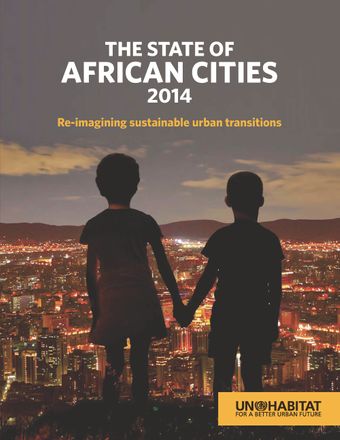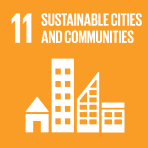Global change and implications for urban development

- Author: United Nations Human Settlements Programme
- Main Title: The State of African Cities 2014 , pp 226-231
- Publication Date: December 2015
- DOI: https://doi.org/10.18356/085d31fc-en
- Language: English
Neither Southern Africa nor Africa in general contributed to the onset of the global financial crisis in 2008 and 2009. However, the crisis has affected the Southern African macroeconomy as a result of the sub-region’s intense integration into the world economy. Most conspicuously, falling tourism from the Organization for Economic Cooperation and Development countries and declining demand for manufactured goods, which reduced exports, led to employment losses where alternative markets could not be found. Africans and East Asians now account for an increasing share of total tourist arrivals. The overall macroeconomic impact of the global financial crisis on Southern Africa has been less than during previous recessions. This is largely due to the multipolarity of the world economy today, since China and India now represent major destinations for primary commodity exports. Demand from these two countries, together accounting for about one-third of the global population, remained buoyant. Indeed mineral prospecting and output have led to an expansion of the mining sector across Southern Africa until 2012 and 2013, to a degree compensating for industrial slowdown.
© United Nations
ISBN (PDF):
9789210575614
Book DOI:
https://doi.org/10.18356/109f7efd-en
Related Subject(s):
Human Settlements and Urban Issues
Sustainable Development Goals:
-
From This Site
/content/books/9789210575614s010-c002dcterms_title,dcterms_subject,pub_keyword-contentType:Journal -contentType:Contributor -contentType:Concept -contentType:Institution105
/content/books/9789210575614s010-c002
dcterms_title,dcterms_subject,pub_keyword
-contentType:Journal -contentType:Contributor -contentType:Concept -contentType:Institution
10
5

